84 pages • 2 hours read
AviCrispin: The Cross of Lead
Fiction | Novel | Middle Grade | Published in 2002A modern alternative to SparkNotes and CliffsNotes, SuperSummary offers high-quality Study Guides with detailed chapter summaries and analysis of major themes, characters, and more. For select classroom titles, we also provide Teaching Guides with discussion and quiz questions to prompt student engagement.
Important Quotes
Content Warning: This section quotes a passage dealing with suicidal ideation.
“‘In the midst of life comes death.’ How often did our village priest preach those words. Yet I have also heard that ‘in the midst of death comes life.’ If this be a riddle, so was my life.”
(Chapter 1, Page 1)
As narrator, Crispin opens the story with seemingly paradoxical observations about life and death. Beyond simply connecting with his mother’s death and the new life that he forges as a result, this passage connects with broader themes of hardship and resilience, showing how Crispin is shaped by the challenges he faces and becomes stronger as a result. This passage also foreshadows the novel’s ending, when Crispin returns to this theme, lending the story a circular arc.
“In a world in which one lived by the light of a father’s name and rank, that meant—since I had no father—I existed in a shadow.”
(Chapter 3, Page 10)
Crispin is born into a patriarchal society, where status and roles are largely determined by birth. Although Crispin’s father is, in fact, the wealthy and powerful Lord Furnival, he lives a life of shame and neglect as though he has no father at all, which is what his mother tells him. As the novel opens, Crispin’s sense of worth and identity is almost non-existent since he accepts the roles and assumptions society assigns to him.
“Then they spoke bitterly of the things the steward had done: how he had increased their labors, imposed countless fines, taken many taxes, increased punishments, and, all in all, limited their ancient freedoms by being a tyrant in the name of Lord Furnival.”
(Chapter 7, Page 25)
While he hides in the forest, Crispin overhears two men discuss Aycliffe’s unjust rule in Stromford. Their reference to “ancient freedoms” suggests that their human rights date from before England’s feudal system of lords and serfs and are in fact inherent to all people.
Related Titles
By Avi
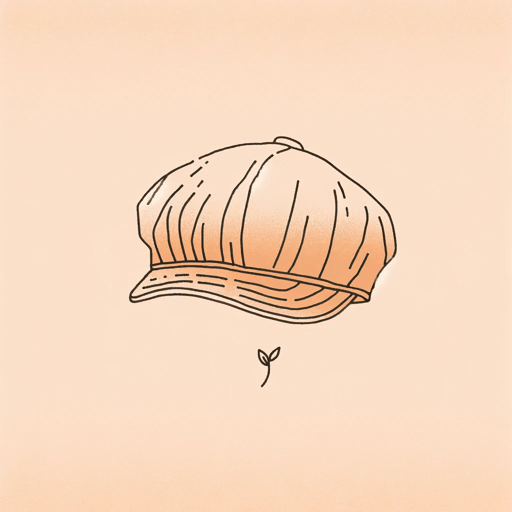
City of Orphans
Avi

Crispin: At the Edge of the World
Avi
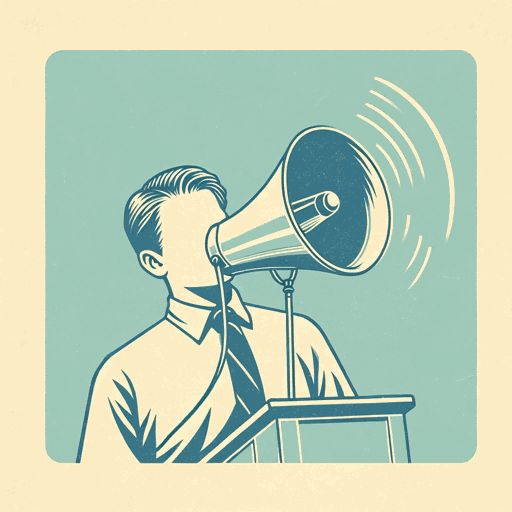
Nothing But The Truth
Avi
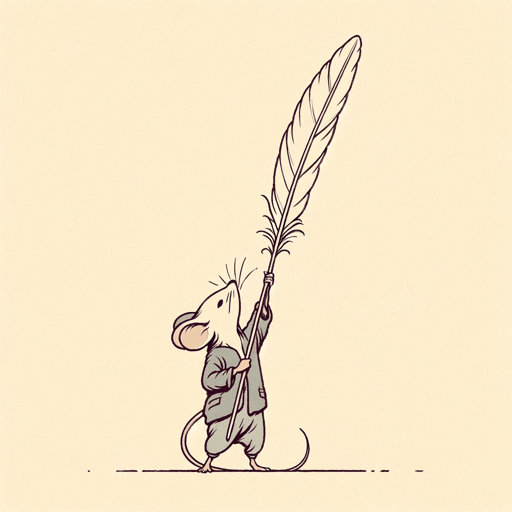
Poppy
Avi
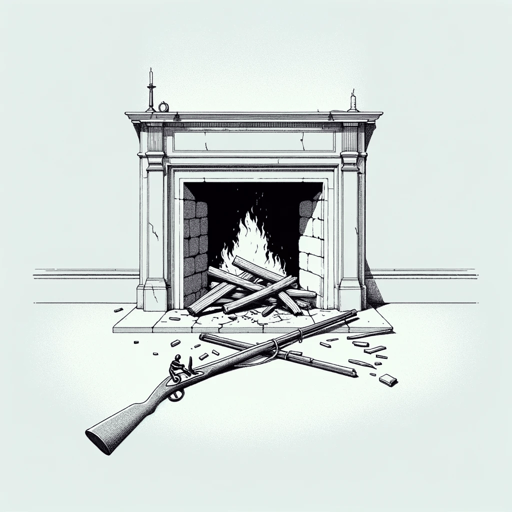
The Fighting Ground
Avi
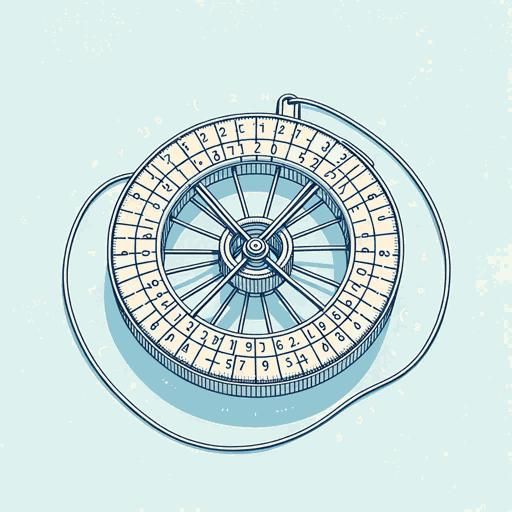
The Man Who Was Poe
Avi
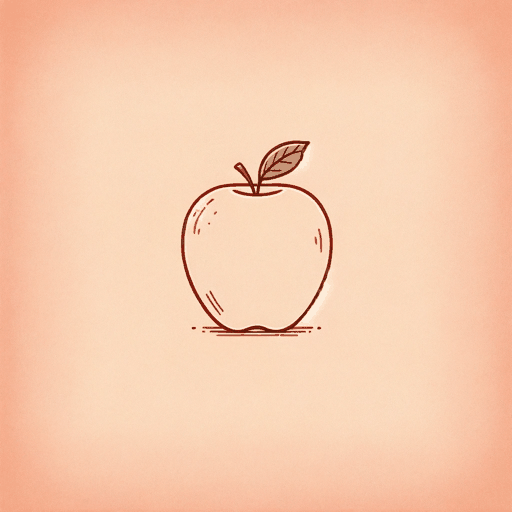
The Secret School
Avi
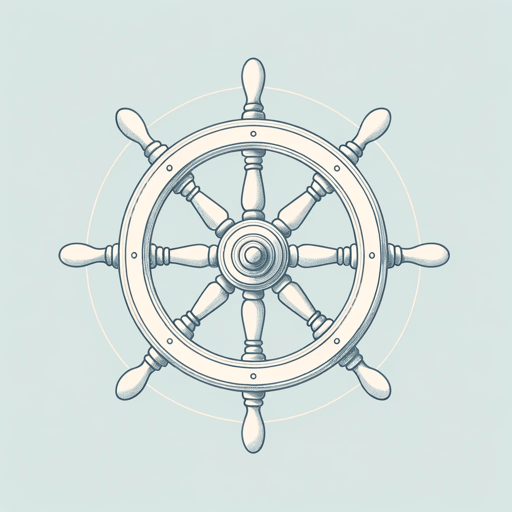
The True Confessions of Charlotte Doyle
Avi
Featured Collections
Action & Adventure
View Collection
Appearance Versus Reality
View Collection
Challenging Authority
View Collection
Coming-of-Age Journeys
View Collection
European History
View Collection
Medieval Literature / Middle Ages
View Collection
National Suicide Prevention Month
View Collection
Newbery Medal & Honor Books
View Collection
Politics & Government
View Collection
Poverty & Homelessness
View Collection
Power
View Collection

